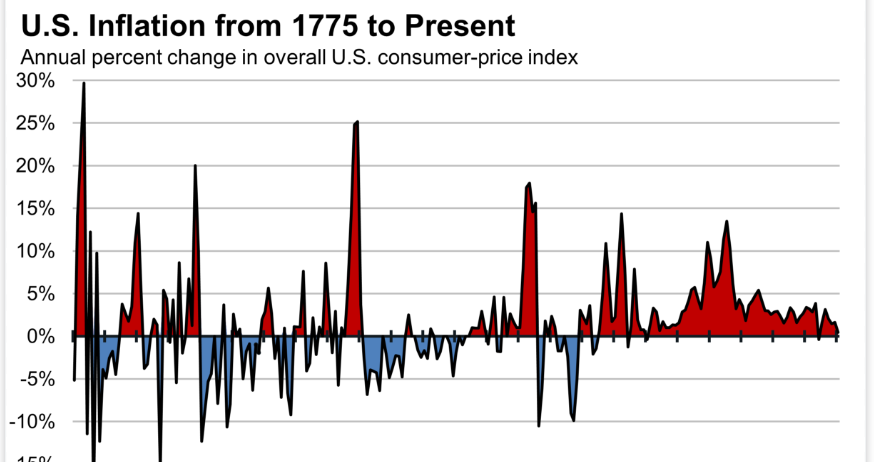$JPM $GS $MS
#Argentina #peso #inflation #imports #Milei #ChineseSolarPanels #UruguayanButter #globaltrade
Argentinians are enjoying a shopping spree, not on local goods, but on foreign products, thanks to President Javier Milei’s new economic policies. The president is pushing back against inflation by relaxing import restrictions, leading to a surge of foreign goods hitting the market. Products like Chinese solar panels and Uruguayan butter, once considered luxuries due to high import tariffs, are now within reach of the average Argentine consumer.
Under President Milei’s economic reforms, the Argentine peso has strengthened. This has made foreign goods more affordable, driving up demand. Import liberalization is a strategic move to combat inflation, which has been a persistent problem in Argentina. By allowing more foreign goods into the country, the hope is to increase competition and thereby lower prices. The influx of imported goods is also expected to mitigate supply shortages and improve product diversity, benefiting consumers.
The arrival of Chinese solar panels in particular is significant. China is the world’s largest producer of solar panels, and their products are known for being high quality yet affordable. With Argentina’s abundant sunshine, there is a vast potential for solar energy generation. The import of Chinese solar panels could therefore not only benefit consumers who want to reduce their electricity bills, but also contribute to the nation’s renewable energy efforts.
Uruguayan butter is another product making its way into Argentine homes. With its rich, creamy flavor, it is a favorite among consumers. The import relaxation has made this product more accessible to Argentine consumers, bringing a touch of international flavor to their tables. This not only enhances culinary options but also strengthens cross-border trade relations.
It’s too early to tell if President Milei’s approach will have a long-lasting effect on inflation. However, the initial signs are promising. The surge in demand for imported goods shows that Argentinians are responsive to the change. This could lead to a healthier economy, with a stronger peso and less inflation. The increased availability of foreign goods also has the potential to improve the quality of life for many Argentinians, providing them with more choices and better prices.
In conclusion, President Milei’s policy of easing import restrictions is showing initial success. It’s creating a win-win situation for consumers who get access to a wider range of products at more competitive prices, and for the economy, which is seeing a stronger peso and potentially lower inflation rates. However, it remains to be seen how sustainable this approach is in the long term. As Argentina continues to navigate its inflation challenges, the global financial community will be watching closely.







Comments are closed.